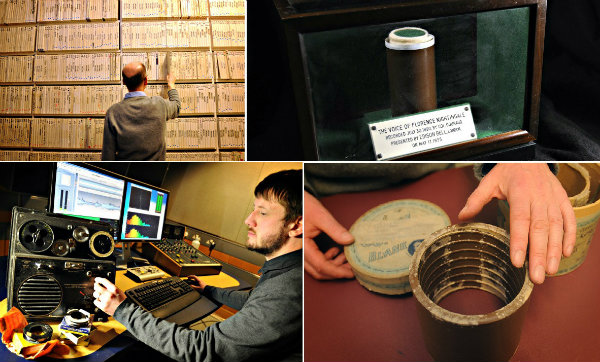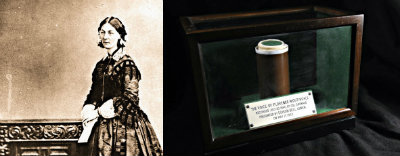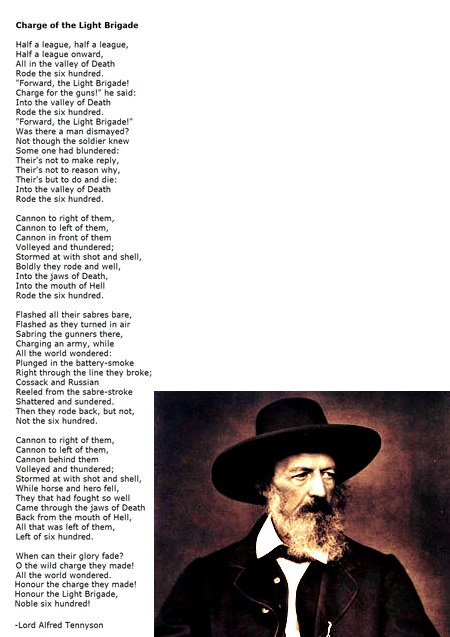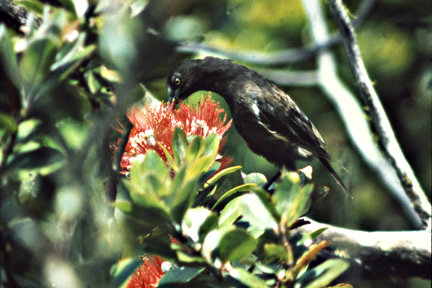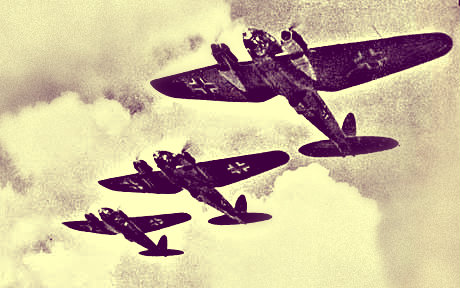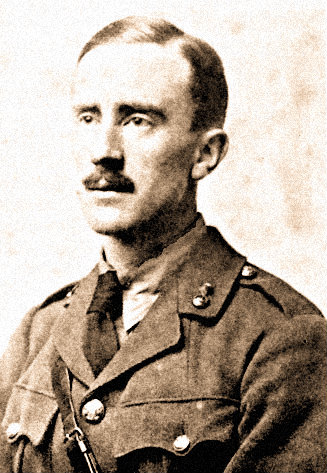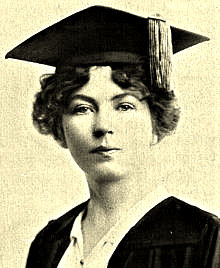The British Library is appealing to Save Our Sounds as it fears its unique collection of sound recordings could get lost in the next fifteen years. According to the institution, its one-of-a-kind sound archive, with some recordings dating back to the 1870s, may crumble to dust if not digitized soon.
Save Our Sounds Project
The British Library possesses a collection with as many as millions of rare recordings which include calls of now extinct birds, plays that are worth forty years and even sounds of foghorns.
The collection also includes speeches given by prominent men in the past like the founder and first leader of the Red Army, Leon Trotsky, Soviet Union leader Joseph Stalin and Indian independence leader through non-violent means, Mahatma Ghandi.
The library has launched an appeal to save our sounds – which are stored from tin foil to reel to reel tapes – which is worth £40 million.
According to Will Prentice, the British Library’s head of technology, he said that saving these unique recordings is a race against time with two factors to consider. Firstly, he stated, several of the discs and tapes are already falling apart due to their age and the materials they were made of. Secondly, there is also the issue of technology. Some of the equipment required to play a number of the archived sounds are fast disappearing. He took for example old reel to reel machines. Nobody is making spare parts for this technology now, so, when the parts wear out, they cannot be replaced rendering them useless.
He further stated that the British Library believes it has about fifteen years to save our sounds — digitize the magnetic as well as the other sensitive media before they get lost. He said that the institution has already started digitizing the recordings in its archive but not fast enough to reach the fifteen-year deadline, plus, they do not have the resources to do the whole collection.
At their current rate of work, the British Library will be able to digitize its whole collection in a span of 48 years which is too long that is why personnel needed to launch the appeal to increase funding and, thus, double the work completed.
Currently, the library’s unique sound recordings are stored in a climate-controlled room located inside the basement of the institute. There are over six million sounds stored in fprty various recording devices.
The Rare Recordings of Save Our Sounds
Florence Nightingale
The British Library’s Save Our Sounds recordings include a message recorded by the Lady of the Lamp herself, Florence Nightingale, the founder of modern nursing and the health care provider who became famous for her work during the 1853-1856 Crimean War.
The message of Miss Nightingale was recorded using wax cylinders, a new medium at the time it was recorded – at around the 1890s. It contains an appeal, especially to her “dear old comrades of Balaclava”, for money for the veterans of the war who were homeless and penniless.
Lord Tennyson
It wasn’t just Miss Nightingale who made the call for help for the veterans of the Crimean War. Lord Tennyson also made the same plea using his poem The Charge of the Light Brigade.
Colonel Gouraud, promoter of Thomas Edison’s new invention which was the wax cylinder, was the one who decided to record the poet reading his own work on behalf of the veterans of the above-mentioned conflict.
Kauai O’o a’a
Among the Save Our Sounds recordings of the British Library is a poignant mating call of a now extinct bird, the Kauai O’o a’a.
The Hawaiian bird’s population, which was related to the honeyeater, plummeted when Hawaii was populated by men and rats, which came to island through visiting ships, ate their eggs. In 1982, only one pair of the said bird survived. Unfortunately, the female Kauai O’o a’a died when an earthquake happened.
The Kauai O’o a’a sound was recorded in 1987 when the last male bird of the kind made its last mating call. Sadly, there was no female around to answer it. That was the last time the bird’s sound was heard. Now, the Kauai O’o a’a is believed to be extinct.
WWII Air Raid
Save Our Sounds recordings do not just include speeches made by great men and women or calls made by now rare or extinct animals; the collection also includes environmental sounds such as this recording made during a WWII Air raid dating back to April 20, 1943.
Mr. Prentice pointed out that this recording was only discovered a few weeks ago. It seemed that the ones who took it climbed up a roof and stuck out a microphone in the air. Air raid sirens could not be heard in the piece; only the sounds of the planes and the occasional explosions caused by the dropped explosive devices.
The British Library personnel pointed out that though the record sounded undramatic, its interest lies on how it was recorded as it was, no dramatic reconstruction was made to it.
JRR Tolkien
The British Library’s Save Our Sounds archive also have the WWI vet and famous author JRR Tolkien’s voice in its collection.
His said piece came out in a gramophone disc which was sold by the Linguaphone company. The said disc was a means to help non-English speakers learn about the English language.
On the disc, the Lord of the Rings author can be heard talking to a tobacconist to buy cigarettes.
Christabel Pankhurst
Suffragette Christabel Pankhurst’s voice is one of the recordings found in the Save Our Sounds collection of the British Library.
Sound recording was a new innovation at that time and was becoming fast popular, so, Miss Pankhurst jumped into the opportunity to use the medium for her call. She was just out from prison when she made the recording.
To donate to the Save Our Sounds appeal, please visit this page.
